Entrevista en Madrimasd
El pasado 9 de marzo, el portal Madrimasd de la Comunidad de Madrid publicó la entrevista realizada a Natalia Fabra.
La puedes leer aquí.
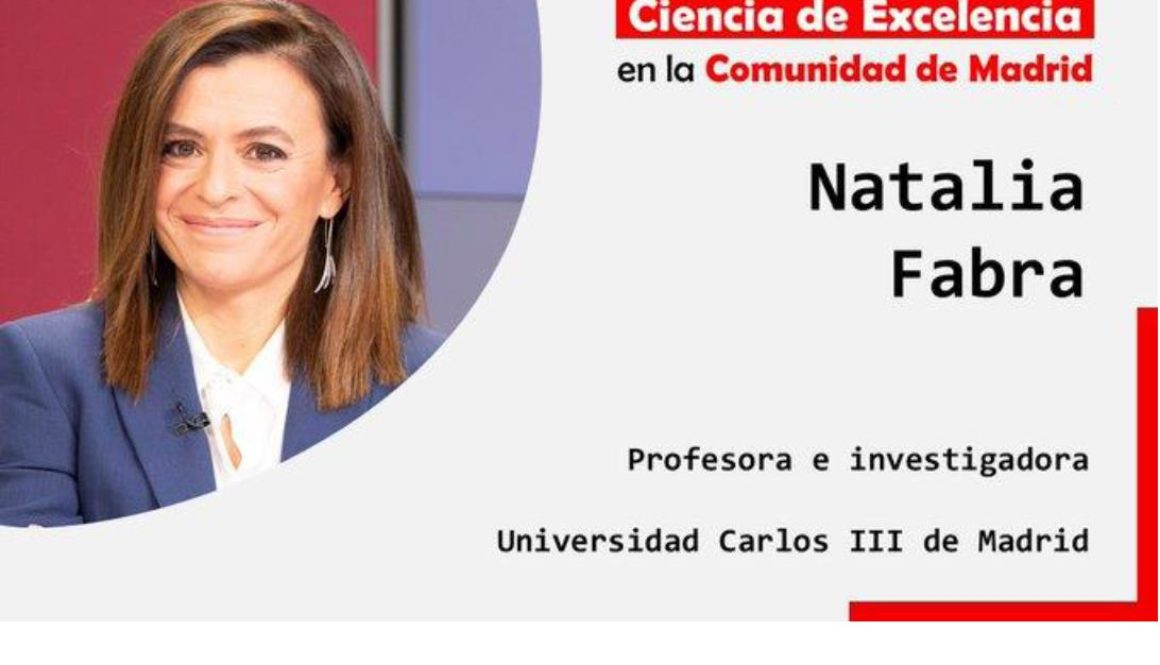
El pasado 9 de marzo, el portal Madrimasd de la Comunidad de Madrid publicó la entrevista realizada a Natalia Fabra.
La puedes leer aquí.

In a post at uc3nomics, the blog of the Economics Department at Carlos III, Natalia Fabra describes her recent research on the efficiency and distributional implication of real-time electricity pricing.

Worldwide, the energy transition is underway. Whereas there is consensus regarding the need to reduce carbon emissions, promote renewables, and improve energy efficiency, there is still controversy regarding the optimal choice of policies to achieve those goals.
Policies differ in their efficiency impacts (i.e., whether they induce higher or lower costs), but also on their distributional implications (i.e., whether they create winners and losers). Furthermore, agents’ behavioral biases might impact the success or failure of the chosen policies.
With this triple focus on efficiency, equity and behavioral considerations, the Intensive Course on The Energy Transition: Economics and Policy, which will take place at the Barcelona GSE on May 19-20 2022, will provide participants (whether economists, engineers, or lawyers, working for firms or in regulatory agencies) with a thorough understanding of the most recent economic insights to analyze the performance of current and potential energy and climate policies. The course will mainly review policies affecting the transportation and power sectors, as well as the competition policy issues that are likely to arise during the energy transition. The program’s faculty includes leading international scholars and practitioners with extensive experience of the application of economic techniques to designing and assessing the performance of energy and climate policies. The Directors of the course are Massimo Motta (BGSE) and Natalia Fabra, head of EnergyEcoLab. Instructors are Natalia Fabra, Albert Banal-Estañol, Mar Reguant, and Lluís Saurí.
More information at
https://www.barcelonagse.eu/st

EnergyEcoLab will host a two-days workshop on energy economics on March 23 and 24, at Puerta de Toledo Campus (Universidad Carlos III de Madrid).
We will have presentations and discussions about electricity markets and regulations on transport with a mix of applied theory and empirical papers.
Below is the list of presentations:
*Participation is by invitation only.
Program link.
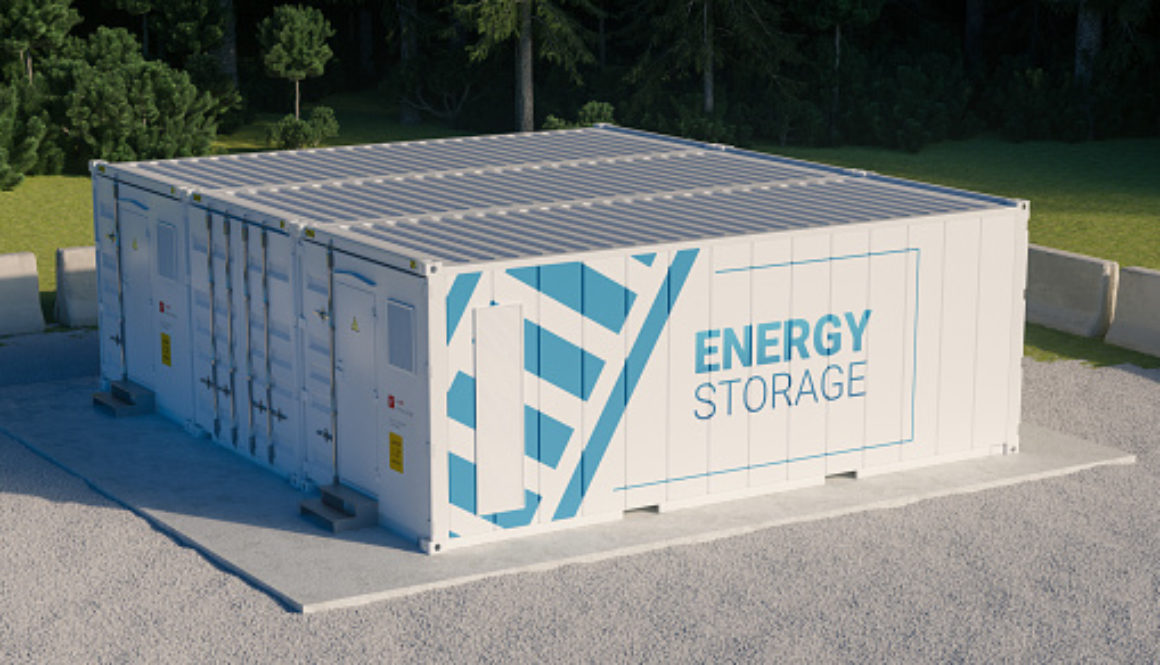
We are pleased to report that our team’s work on energy storage is forthcoming in two recent publications at the Rand Journal of Economics and The Energy Journal.
The development and integration of large-scale energy storage facilities is a key factor for the expansion of renewable energy in the portfolio mix of the electricity generation. Our research will contribute to a better understanding on the effect of energy storage on market outcomes as well as on the incentives of storage owners to invest and operate storage facilities.
In “Storing Power: Market Structure Matters”, forthcoming at the Rand Journal of Economics, David Andrés-Cerezo and Natalia Fabra assess firms’ incentives to operate and invest in electricity storage facilities under different market structures, including competitive and strategic storage owners in the cases in which the storage owner is integrated with a dominant electricity producer or it is a stand-alone firm. Their results are key to understanding how to regulate electricity storage, an issue which is critical for the deployment of renewables in electricity markets.
Paper available here.
In “Large-scale Battery Storage, Short-term Market Outcomes, and Arbitrage” published at Energy Economics, Stefan Lamp and Mario Samano document document charging and discharging patterns in the Californian electricity market and show how the utility-scale batteries’ activity correlates with load and real-time prices during 2018 and 2019. The empirical findings are partially consistent with the optimal solution of an arbitrage maximizer, indicating that battery owners respond to price incentives only at certain hours of the day. In addition, they provide evidence that battery deployment in the years 2013 through 2017 lowered average intra-day wholesale price spreads and that current market conditions limit the profitability of batteries in this market.
Paper available here.
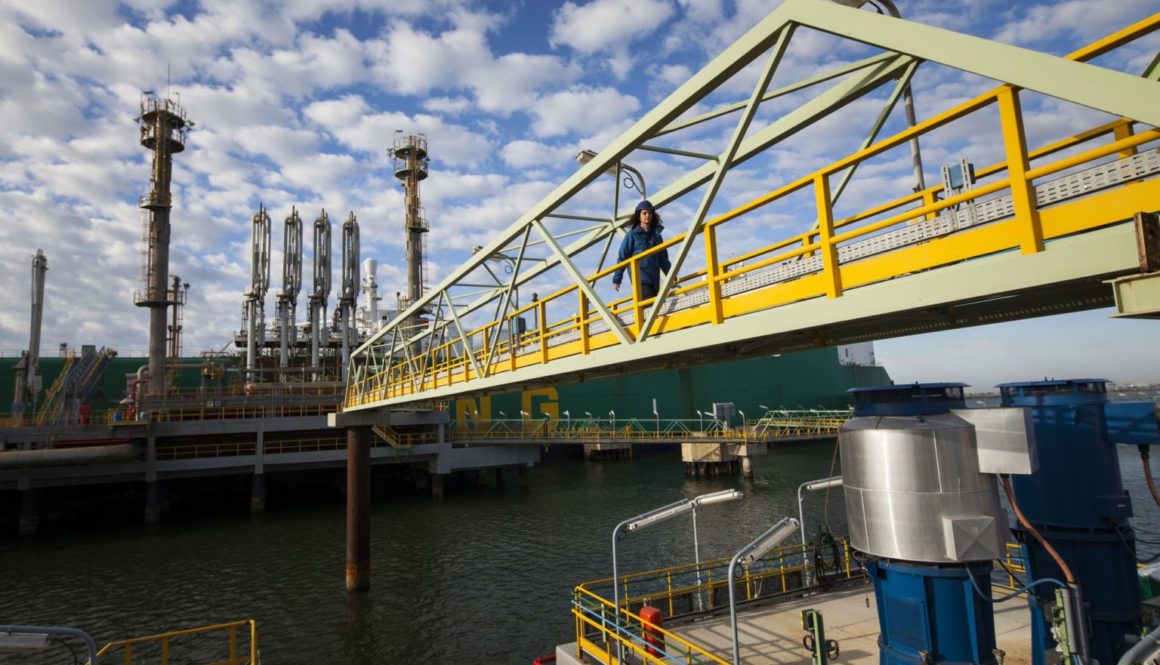
The US National Public Radio featured a piece on “There’s a complication in sanctioning Russia — it could cut Europe’s gas supply”.
President Biden and the president of the European Commission have promised to work together to make Europe less dependent on Russian natural gas. About a third of the European Union’s gas comes from Russia. And if Russia invades Ukraine and the EU imposes more sanctions, there’s fear that Moscow could cut off supplies at a time when prices are already high.
Among other experts, Natalia Fabra was interviewed on the role that Spain can play in this crisis and the alternatives to gas shortages. She argues that Spain is at the head of the EU in terms of regasification capacity, which has allowed it to become the gas transit country for Europe. Renewable energy is also an alternative, but the EU must speed up building infrastructure. There has been a massive increase in renewable energy investments, which reduces the need to import gas. But the action has not been in line with the needs and the urgencies. We react when we face the problem, but we do little to try to prevent and mitigate before that happens.
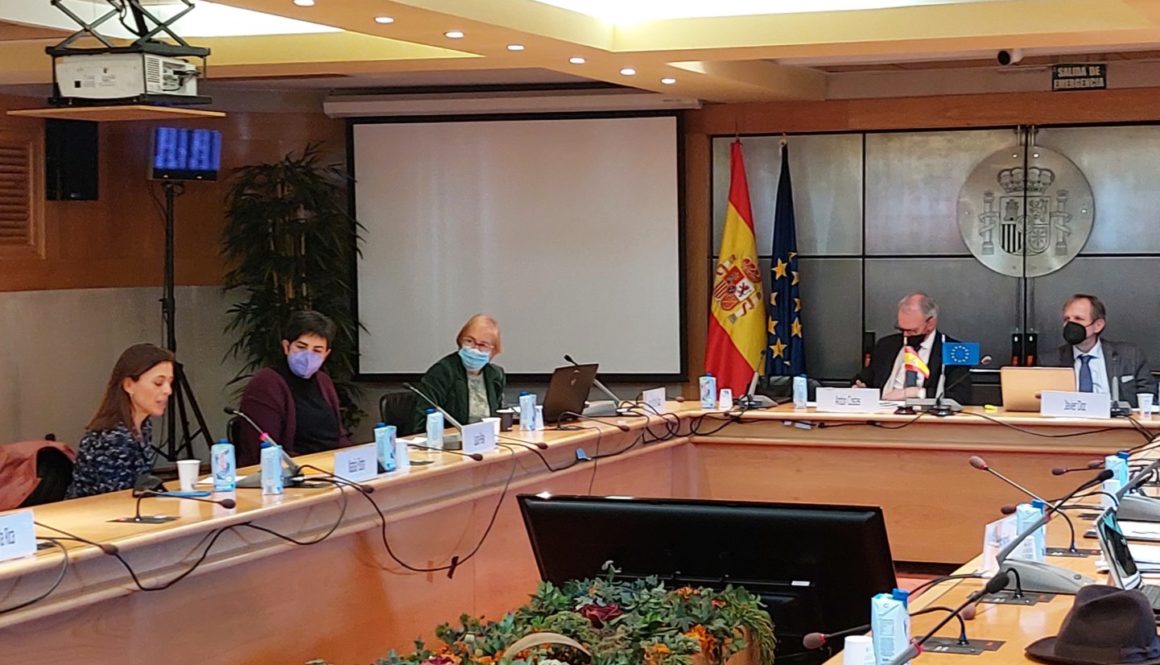
El 27 de enero tuvo lugar, en el Consejo Económico y Social, una jornada de debate sobre el Plan de Recuperación NextGenerationEU y de los Planes nacionales de Recuperación, Transformación y Resiliencia (PRTR) y su importancia para la economía y la sociedad españolas. La jornada se centró en los contenidos del Plan, sus ejes o palancas, sus medidas y los principales proyectos de inversión y en la participación de los interlocutores sociales y organizaciones representativas de intereses económicos y sociales en la aplicación del Plan. Entre los ponentes, Natalia Fabra participó en la sesión titulada
“Las transiciones verde y digital. ¿Cómo hacerlas justas, en el marco de los PRTR?”
El programa está disponible aquí.
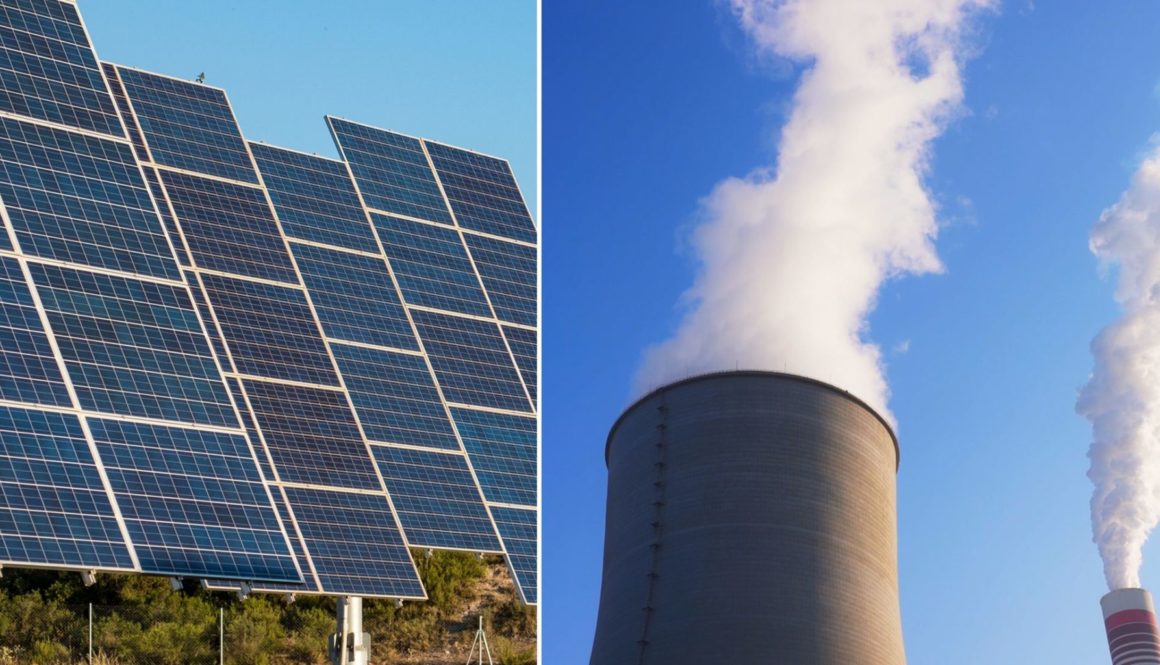
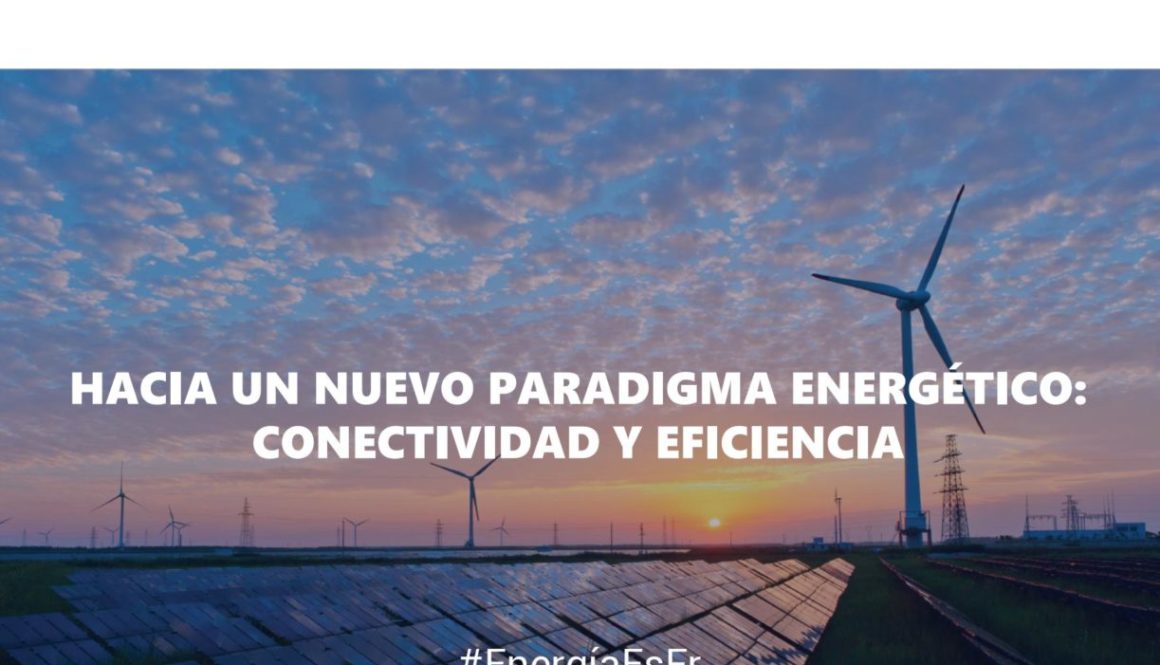
Diálogo España-Francia es una asociación de utilidad pública cuya misión es potenciar las relaciones entre Francia y España principalmente en el contexto europeo. Su próxima actividad estará
organizada en la Universidad Carlos III bajo el título HACIA UN NUEVO PARADIGMA ENERGÉTICO: CONECTIVIDAD Y EFICIENCIA, el miércoles 19 de enero.
EnergyEcoLab será parte del acto a través de la participación de Natalia Fabra en la mesa redonda “La recuperación verde, pilar esencial para la recuperación económica”.
El progama del acto puede consultarse aquí.
El acto podrá ser seguido en Streaming on en el canal de Youtube.

The REVALORISE+ project is an Erasmus+ project, funded by the European Union, that aims at delivering a programme of valorisation support and training for researchers wishing to explore the entrepreneurial and social potential of their Social Sciences and Humanities (SSH) research. This is a research area often overlooked when it comes to creating value from the research, as SSH has historically struggled to articulate its relevance, value offering, and impact to various actors in society.
Energy EcoLab has been selected as a lighthouse story aimed at inspiring researchers in the area of Social Sciences and Humanities to more actively engage in dissemination efforts. The report highlights one of the main motivations underlying our daily efforts at EnergyEcoLab, which is to share the results of our research with the public sphere. This is grounded in the belief that, as receivers of public funds, we have the responsibility to return to society what we have received.
It takes time and resources to gain funding to bring knowledge into society. However, funds create a multiplying effect by which more valorisation can be carried out, which in turn provides a powerful incentive to carry out more socially relevant research. “Policies in this area affect a wide array of issues that people feel directly concerned about. Health and wellbeing, prices people pay for energy, the way they can move in cities and around the globe, jobs, salaries, and so on. The fact that these issues are high on the policy agenda contributes to highlighting the social value of our research, thus making knowledge transfer more impactful”, says Natalia Fabra.
To Read EnergyEcoLab’s Lighthouse story, see here
The full REVALORISE+ can be downloaded here